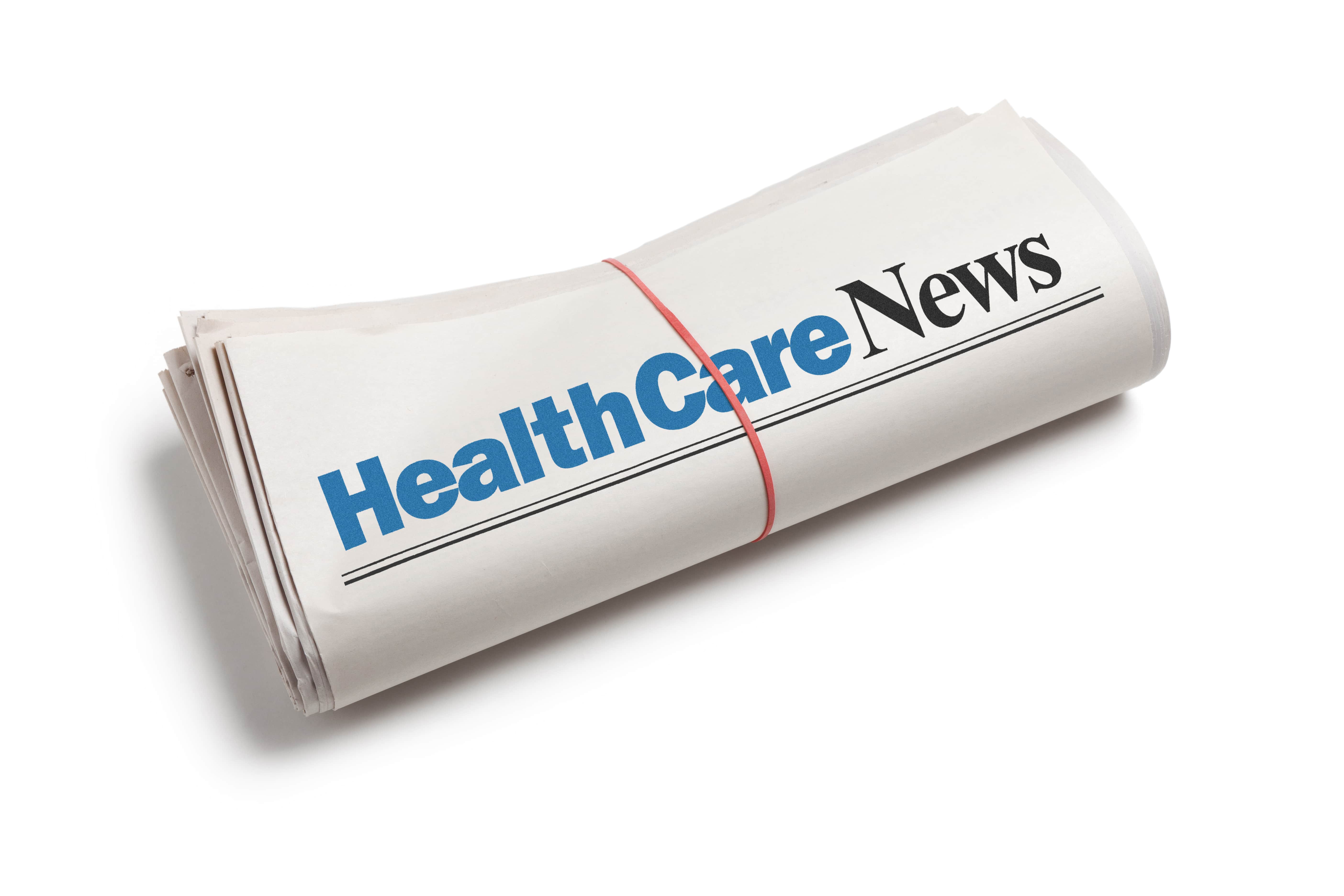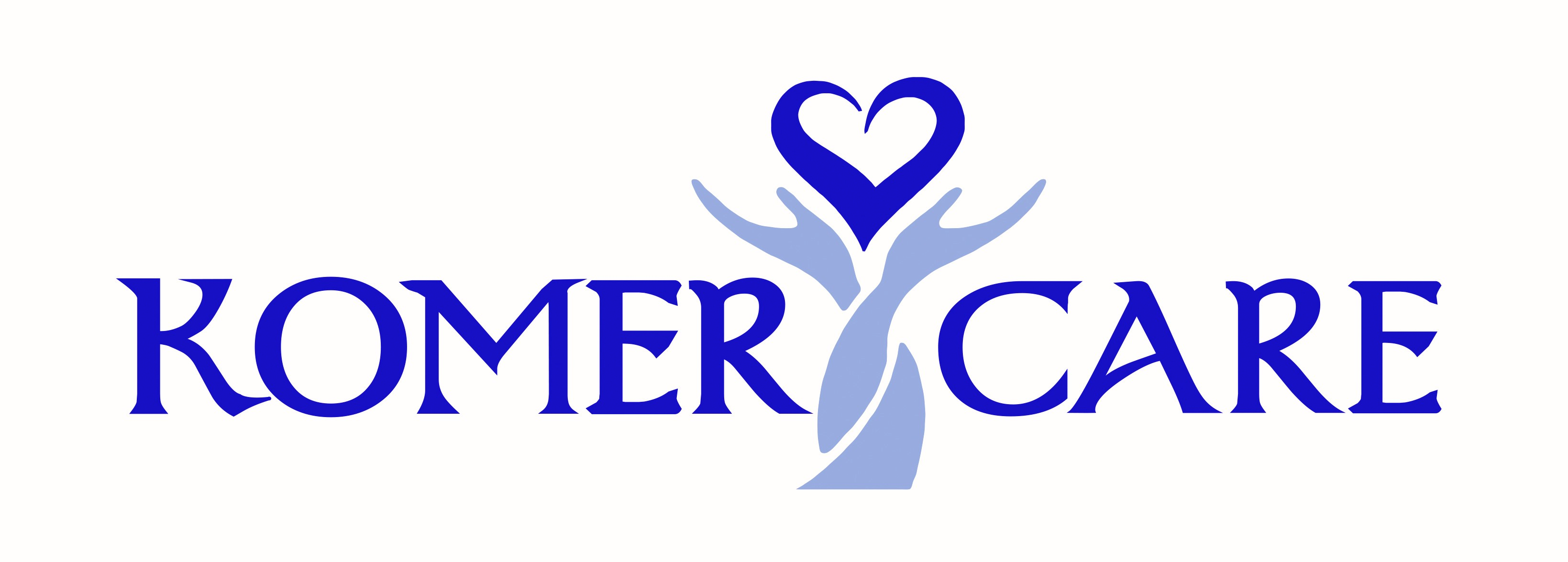
Post-traumatic stress disorder (PTSD) is common. It is suggested that more than 5 million people United States suffer from PTSD.
PTSD is defined as an anxiety disorder that can occur after a person has been through a traumatic event. Examples of such events can be car crashes, sexual or physical assaults, natural disasters, crimes, or combat during times of war. Typical of these events is a feeling that the person’s life, or the lives of others, has been threatened. They feel that they have no control over the situation.
Not all people who go through these events get PTSD. Unfortunately, many do.
Signs and Symptoms of PTSD:
- Anxiety
- Irritability or outbreaks of anger
- Depression
- Nightmares
- Flashbacks
- Sleep disturbance
- Loss of positivity
Physical responses to triggers of the traumatic event (such as an increased heart rate, a feeling of fear, or sweating)
Avoidance of any people, places or things that could trigger reminders of the event
It is important to note that many sufferers of PTSD also have had traumatic brain injuries. Recent research by Dr. Dewleen Baker, a psychiatrist at the University of California at San Diego shows that traumatic brain injuries double the risk of PTSD.
As there is such an overlap of symptoms between traumatic brain injuries and PTSD, many of the treatments are similar. Often, patients receive cognitive, behavioral therapy. However, I think that all organic causes need to be ruled out and treated first. This must include an accurate assessment of hormones, with a skilled interpretation of the results. The standard measure of hormones called “normal ranges” by labs is based on levels that include a large segment of the population. They certainly are not ideal or optimal levels; these are just what can be found in the
general population. Hormones have to be restored and optimized to best levels not settling for typical levels.
In addition, we know that many supplements can be helpful in treatment. This will be discussed in greater depth in the chapter on supplements. Please note that Vitamin D is particularly useful. It has a major positive effect on mood and energy. The majority of patients I see have nowhere near ideal levels.
In PTSD, it is felt that part of the problem is the inability to form new brain connections. For example, an event or an object linked to the original trauma that caused PTSD may continue to trigger bad memories.
The reminder is very different than the actual event, but the body’s response is the same. An example of this might be the sound like a siren that happened before a bomb blast. A siren heard long after the original event could still cause a fear response. The ability of the brain to form new memories in response to the siren may be impaired. Magnesium enhances the ability to form fresh non-threatening memories. This allows the brain to be able to discriminate between the old existing memories of the siren and the new ones so that the PTSD bodily response does not occur.
Unfortunately, PTSD is common in our troops, and first responders. I have the greatest respect for the work that they do to keep us safe and healthy. That is why I am particularly delighted when I can help any of these brave individuals.
I want to continue our message of hope. This problem can be treated.
Support groups are also especially important. Sharing feelings and concerns with others who have gone through the same situation may reduce anxiety and fears. Family and friends are so important. Understand that those suffering from PTSD may withdraw. Those close to the PTSD survivor need to let them know that they will be there for them. Help them develop a network of family and friends who are willing to listen.
It is important that friends and relatives understand that individuals with PTSD may overreact in otherwise normal situations. They may suddenly become angry, and that anger may seem directed at their family and friends. These times are when caregivers and friends need to step back and realize that the anger is not really about the friend or family member. This is a feature of the illness, and those around the sufferers need to have a high degree of tolerance and patience.
PTSD is as legitimate a diagnosis as appendicitis. We would never tell anyone with acute appendicitis to carry on with every activity of daily living. It makes equal sense that we should never tell someone suffering from PTSD that they should just “suck it up” and get on with their lives.
PTSD is an illness. It deserves our very best understanding and treatment solutions.

